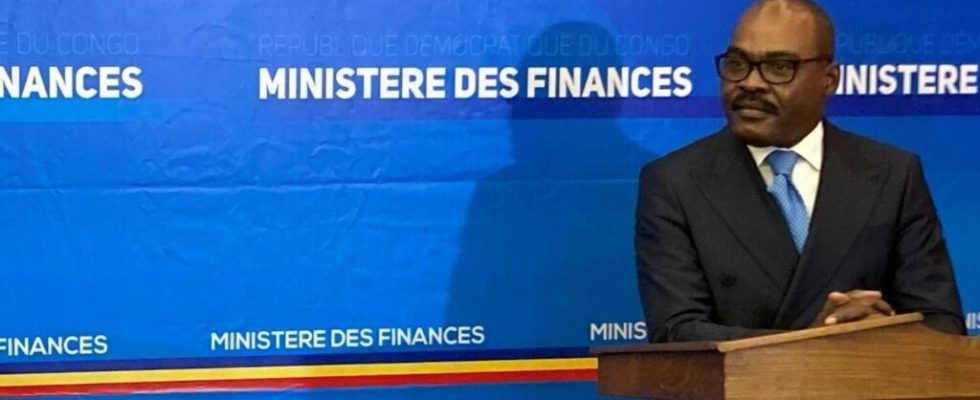Although progress has been noted, the context remains fragile, requiring additional efforts, particularly due to increased military spending.
2 mins
With our correspondent in Kinshasa, Patient Ligodi
A mission of IMF has been present in Kinshasa since Wednesday to conduct the sixth review of the three-year program. She will work with government teams until May 8. For the first time, the DRC achieves this level of evaluation without major incident with the international financial body. This is also the first time that the country concludes the fourth review, validates the fifth and begins the sixth.
Since 2020, the country has tripled its domestic revenues as well as its external resources. This has notably enabled a notable increase in the number of civil servants, from 1.2 million to 1.6 million, with an average increase in salaries of 53% in real value since 2019. The pension fund for the civil service has seen its number of affiliates increase from 190,000 to more than a million people.
A disbursement of 200 million at stake?
However, the average income per capita remains modest. The IMF therefore remains concerned about the balance of expenditure. The main challenge of this sixth review of the program is to strengthen control of budgetary and cash management, taking into account significant military spending. Security and humanitarian spending, which represented 3% in 2021, increased to 15% in 2022 and 22% in 2023. For the first quarter of 2024, it already reaches 27% and is almost always committed via emergency procedures.
In such circumstances, the country should pay attention to the management of other expenses, the IMF recommends. For his part, the Minister of Finance, Nicolas Kazadi, specifies that the operating expenses of state institutions have been reduced and could be further reduced. This management will be at the heart of discussions with the IMF team. If the results are deemed satisfactory, this latest review could lead to the disbursement of more than $200 million.
